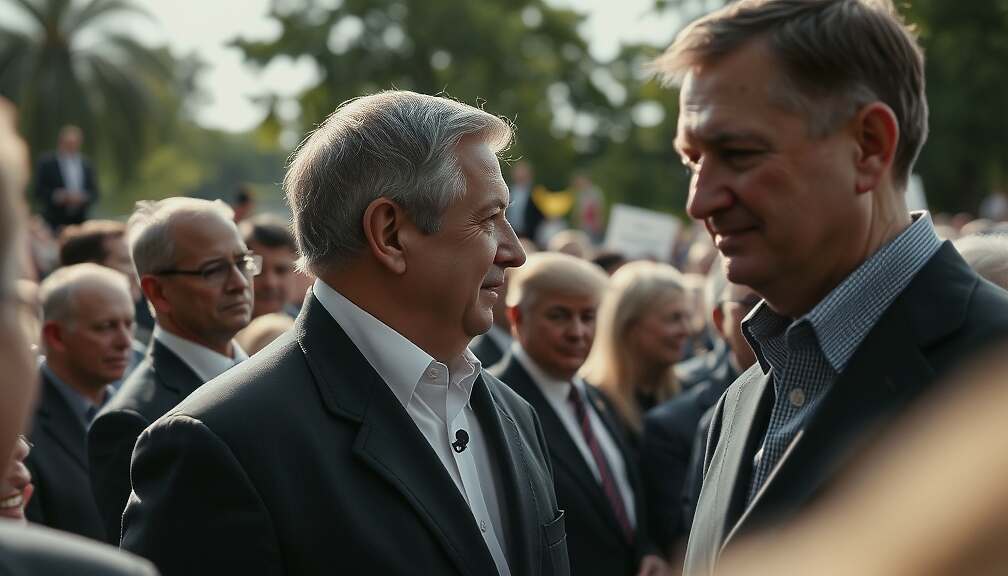Hungarian Prime Minister Viktor Orbán has launched a scathing critique of German opposition leader Friedrich Merz (CDU), accusing him of prolonging the conflict in Ukraine and jeopardizing European stability. In a recent podcast interview with Axel Springer CEO Mathias Döpfner, Orbán stated his willingness to assist Merz in achieving peace, but asserted that the German politician’s current approach is actively contributing to the continuation of the war.
Orbán’s criticism extends beyond individual politicians, targeting the European Union’s broader strategy. He argues that the bloc’s unwavering support for Ukraine, while publicly framed as a commitment to territorial integrity, is, in reality, perpetuating the hostilities and hindering potential negotiations with Russia. He believes this stance is strategically flawed, claiming “time works more in favor of the Russians than it does for us.
Central to Orbán’s argument is the perceived outsized influence Germany wields in shaping the European position. He contends that without a shift in Germany’s approach, any genuine pursuit of peace is impossible. He accuses Merz and his supporters of advocating for a display of strength on the front lines, a tactic Orbán warns carries a significant risk of escalation and potentially a third world war. “We must show our strength at the negotiating table, not on the front” he asserted.
The comments arrived alongside a surprising, almost nostalgic, assessment of former German Chancellor Angela Merkel. Despite longstanding disagreements on issues such as migration and the EU’s Green Deal, Orbán expressed admiration for Merkel, even recalling instances where she would “scold” him – sometimes even more frequently than his own wife. He particularly lauded Merkel’s Russia policy, claiming near complete alignment. “There were European Council meetings where it was only her and I who argued for peace and cooperation” Orbán said. He criticized the current trend in Germany to disparage Merkel’s legacy, deeming it unfair and a departure from a principled approach to politics. He believes that had she remained Chancellor during Russia’s invasion of Ukraine, she would have immediately initiated dialogue with Putin.
Orbán’s remarks underscore a growing divergence in perspectives within Europe regarding the optimal strategy to address the conflict in Ukraine, highlighting the complex political dynamics and the increasing pressure to move towards a negotiated solution while simultaneously exposing deep-seated disagreements about the best path to achieve that outcome. The comments are likely to further fuel debate within Germany and across the EU about the direction of European policy towards Russia and the trajectory of the ongoing conflict.












